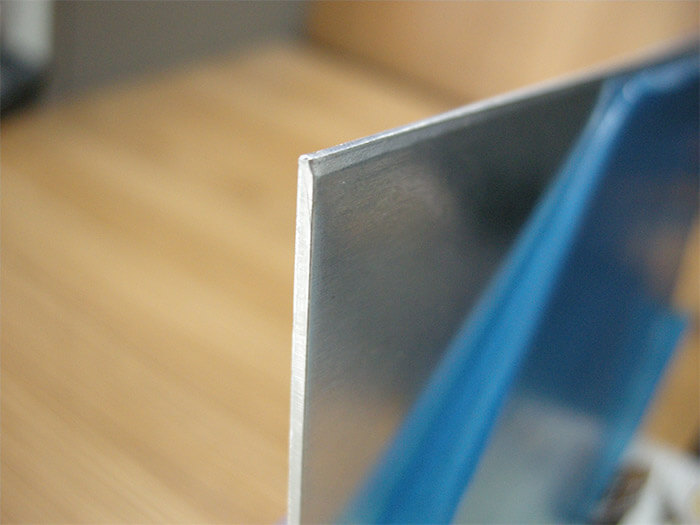Aluminum, a common material in our everyday lives, from soda cans to aircraft parts, often sparks curiosity: is aluminum really a metal? The answer is a resounding yes. Aluminum is not just any metal; it is a fascinating element with unique properties and a wide range of applications. Let’s dive into what makes aluminum a metal and why it is so important.
What Defines a Metal?
To understand why aluminum is classified as a metal, we need to look at the characteristics that define metals:
- Conductivity: Metals are excellent conductors of electricity and heat.
- Luster: Metals have a shiny appearance when polished.
- Malleability and Ductility: Metals can be hammered into thin sheets or drawn into wires without breaking.
- Density and Strength: Metals typically have high density and strength.
- Reactivity: Metals tend to lose electrons in chemical reactions, forming positive ions.

Aluminum: A Metal by Definition
Aluminum (chemical symbol Al, atomic number 13) ticks all these boxes:
- Conductivity: Aluminum is a good conductor of electricity, which is why it is widely used in electrical transmission lines. Its thermal conductivity also makes it ideal for heat sinks and cooking utensils.
- Luster: When polished, aluminum has a bright, shiny appearance, making it aesthetically pleasing for various decorative applications.
- Malleability and Ductility: Aluminum is highly malleable and ductile, allowing it to be formed into a wide variety of shapes and structures. This property is crucial in manufacturing processes.
- Density and Strength: Aluminum is relatively lightweight compared to other metals like steel, yet it has a good strength-to-weight ratio. This makes it invaluable in industries where reducing weight is critical, such as aerospace and automotive sectors.
- Reactivity: Aluminum reacts with oxygen to form a protective oxide layer, which prevents further corrosion. This property enhances its durability and makes it suitable for outdoor use.
Unique Properties of Aluminum
While aluminum shares many properties with other metals, it also boasts some unique characteristics:
- Low Density: Aluminum’s density is about one-third that of steel, making it much lighter. This property is particularly advantageous in applications where weight reduction is a priority, such as in aircraft and spacecraft.
- Corrosion Resistance: The natural oxide layer that forms on aluminum’s surface acts as a protective barrier against corrosion, which is a significant advantage in construction and marine applications.
- Recyclability: Aluminum is 100% recyclable without any loss of its natural properties. Recycling aluminum saves up to 95% of the energy required to produce new aluminum from raw ore, making it an environmentally friendly option.
Applications of Aluminum
Thanks to its diverse properties, aluminum finds applications in numerous industries:
- Aerospace: The lightweight yet strong nature of aluminum makes it perfect for aircraft bodies and components.
- Automotive: Aluminum is used in car frames, engine blocks, and wheels to reduce weight and improve fuel efficiency.
- Construction: Aluminum’s corrosion resistance and structural strength make it ideal for building facades, windows, and doors.
- Electronics: Its excellent conductivity ensures that aluminum is used in wiring, heat sinks, and various electronic components.
- Packaging: Aluminum’s non-toxic nature and recyclability make it a popular choice for food and beverage packaging, such as cans and foils.
